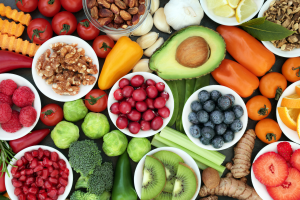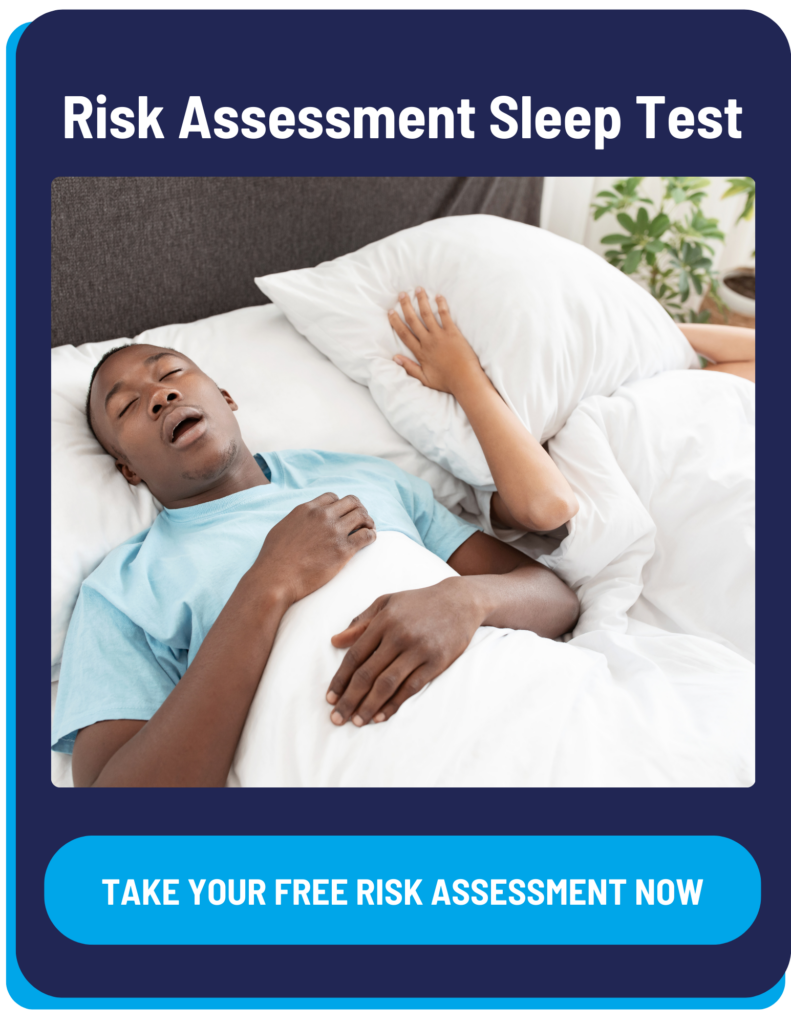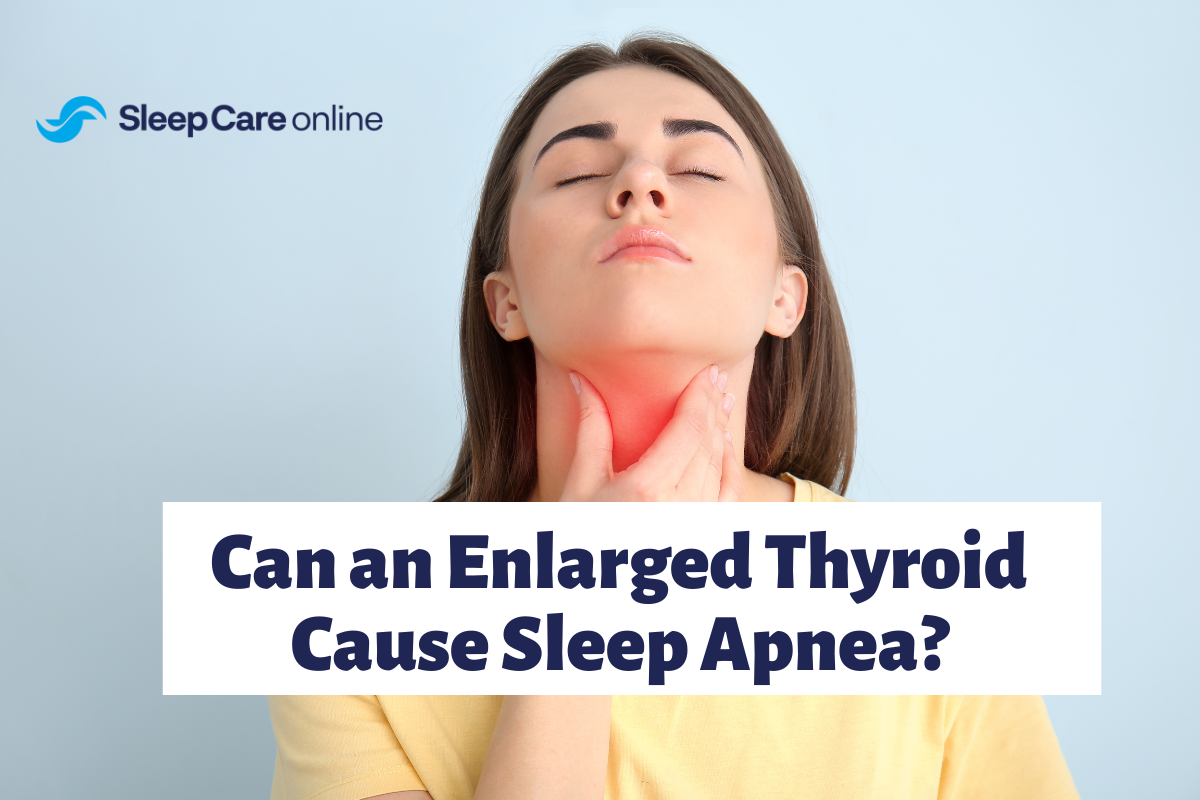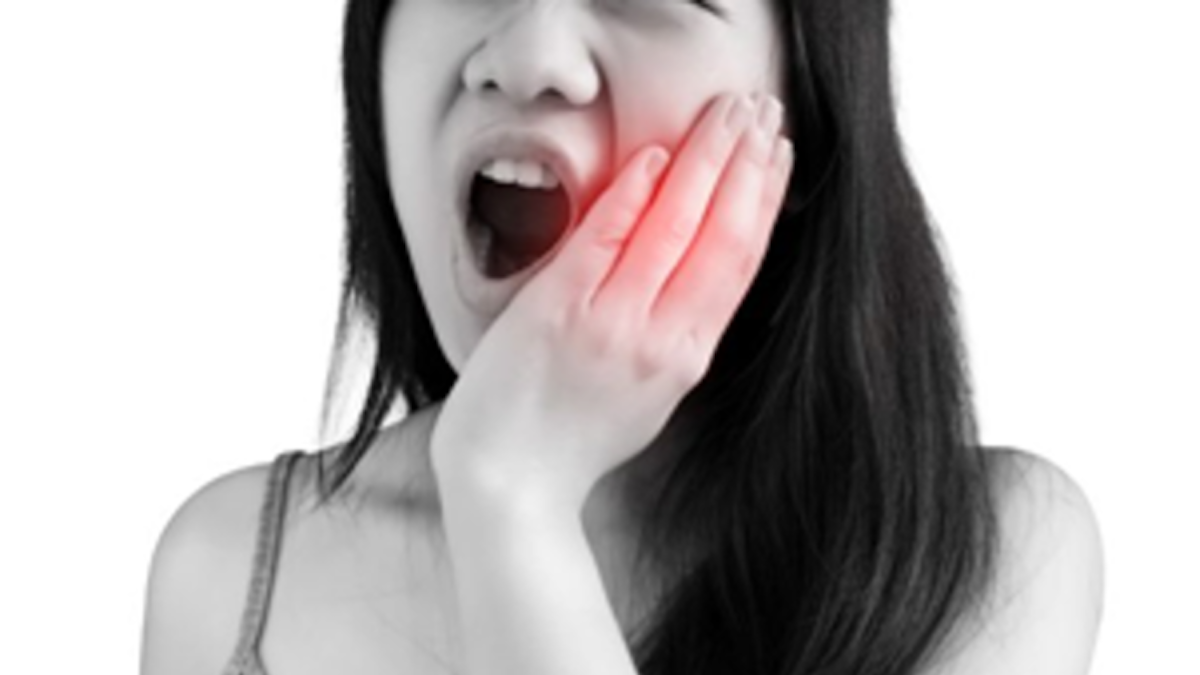What you eat on a regular basis can impact how well you sleep. Some foods may disrupt sleep and others can promote healthy sleep. Continue reading this article to learn about the relationship between diet and sleep, and how you can eat better to sleep better.
Food And Sleep Disorders: How Does Diet Affect Sleep?
A healthy diet is the mainstay of a good night’s sleep. Many sleep disorders are connected to a poor diet consisting of high fat, high carb foods. Heavy sugar consumption is also a culprit for reducing good sleep. A healthy diet allows the body to absorb proper nutrients which provides the brain with the chemical environment that it needs to produce the neurotransmitters that it needs to maintain adequate sleep. Additionally, getting the proper amount of sleep helps to maintain a healthier body weight and can be beneficial for people who are trying to lose weight.
Specific Foods That Can Help You Sleep Better
Kiwi
Researchers believe that fruits like kiwi contain healthy antioxidants that increase sleep hormones and help improve the quality of sleep. Kiwis are full of Vitamin C and dietary fibers to provide many health benefits. This fruit also supports better heart and digestive health and also better sleep. In a study, people who ate two kiwis one hour before bedtime found that they fell asleep faster, slept more, and had better sleep quality.
Tart Cherry
Each day, people require about 250 to 425 milligrams of the essential amino acid tryptophan for good sleep. Because every 100 grams of tart cherries contain about 9 milligrams of tryptophan, they are a good source for helping people fall asleep faster and sleep longer. Tart cherries also contain melatonin, another type of sleep hormone. So, this fruit can aid sleep by increasing the amount of melatonin in someone’s body if they eat them. People struggling to fall asleep can also consume a glass of cherry juice before going to bed to reduce the severity of insomnia and increase overall sleep efficiency.
Malted Dairy
Malted milk is essentially germinated cereal grain which has been dried out. The extract of malt is the main ingredient. Malted milk contains a good source of vitamin B, iron, zinc, magnesium and phosphorous. This concoction of minerals is great for helping your body relax and wind down.
Fatty Seafood
Oily fish such as salmon or herring contain healthy fats like omega-3 oils. These fats can help with better sleep because they help regulate serotonin, which is largely responsible for establishing a fixed sleeping and waking cycle. Fatty seafood is also helpful in regulating the sleep cycle so you can sleep consistently every night.
Nuts
Nuts like walnuts, almonds, pistachios and cashews contain melatonin and essential minerals like magnesium and zinc which can help promote sleep. While how many nuts should be eaten a night is not clearly defined, there is a connection between the nutrition of nuts and good sleep.
Rice
Rice stands above bread or pasta as a starchy food that helps promote good sleep. The high glycemic index of rice drives the production of tryptophan which helps with better sleep.
How To Improve My Diet for Better Sleep
Say No to Caffeine
You can also improve sleep by avoiding stimulants like caffeinated beverages. Coffee, tea and colas contain high amounts of caffeine which can keep you up at night. Although they are ok to drink in the morning and afternoon, avoid these beverages at night as you near bedtime.
Tryptophan Rich
Selecting a variety of foods rich in tryptophan can help improve sleep health. Add milk, turkey and chicken, oats, cheese and canned tuna to your diet to increase tryptophan production and sleep. Any of the foods mentioned above are also great sources of tryptophan to help promote better sleep.
Complex Carbs – Easy Sleep
Complex carbohydrates like peanut butter in your diet help keep blood sugar levels stable. Without spikes in sugar levels, you are more likely to sleep soundly and wake up well rested.
A Soothing Drink – Helps Ease into Sleep
To help promote sleep you may try a soothing drink before bedtime. Warm milk, best tea for sleep: chamomile tea and caffeine-free herbal teas can help relax you and prepare you for a good night’s sleep.
Foods That Can Deteriorate Your Sleep Quality
Alcohol
While some may think alcohol helps you sleep, a night cap actually does the opposite. Alcohol can disrupt your natural sleep cycle, leading to restless sleep and drowsiness in the morning.
Spicy
Spicy foods can elevate your body temperature which can disrupt natural sleep patterns. If you love spicy food, you just need to avoid them near bedtime to prevent them from interfering with a good night’s sleep.
High Protein and High Fat
High protein and high fat foods may appear to leave you full and ready for sleep. But these types of foods take longer for the body to digest, which can keep you awake and restless.
Stock-up On Vitamin B
Some research shows that some sleep disorders like insomnia are linked to deficiencies in Vitamin B. Supplement your diet with Vitamin B to ensure your body is generating healthy sleep hormones.
Do You Think You Might Have Sleep Apnea?
If you have trouble with sleep and think you might have sleep apnea, you can take a risk assessment for free. It’s your first step to knowing if you have the sleep disorder.
What Is the Best Diet for Sleep Apnea?
Enrich your diet with fruits and vegetables to help your sleep apnea. The only fruit you should probably avoid is bananas, as they can increase mucus production which can affect your sleep apnea. Be sure to include in your diet fatty fish like salmon and tuna and foods rich in tryptophan like turkey and chicken. Avoid foods like fatty meats including hamburgers, bacon and other meats heavy in saturated fats.
Why Diet and Exercise Can Help with Sleep Apnea
Diet and exercise can help reduce sleep apnea symptoms in many ways. Sleep apnea is often associated with obesity and diet and exercise can help you reduce body weight. Reduced weight also reduces the fatty tissue around the throat which can promote sleep apnea symptoms. Exercise can also help use up excess energy so that you are ready for a good night’s sleep when bedtime rolls around. A good diet also provides you with the essential vitamins and other nutrients you need for healthy sleep.
How Do I Know If I Have Sleep Apnea?
You can know for sure if you have sleep apnea without visiting a doctor. Use a simple home sleep apnea test for an accurate diagnosis. You can find at-home sleep tests from Sleep Care Online. Home sleep tests are easier than lab tests as they can be completed in the comfort of your own home. The FDA approved all -inclusive kit provides unlimited support for your sleep apnea diagnosis.





